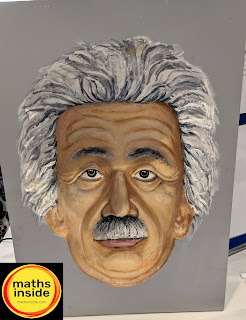Speech Entrainment in Schizophrenia
My latest paper in the Neuroimage: clinical journal assessed the impairments in neural entrainment to speech envelope in early stage psychosis. Impairments in language processing in Schizophrenia are a central aspect of the disorder but the underlying pathophysiology mechanisms are unclear. We tested the hypothesis that neural oscillations are impaired during speech tracking in early-stage Schizophrenia and in participants at clinical high-risk for psychosis (CHR-P). Magnetoencephalography (MEG) was used in combination with source reconstructed time-series to examine delta and theta-band entrainment during continuous speech. Participants were presented with a 5-minute audio recording during which they either attended to the story or word level. Theta-band entrainment in left Heschl’s gyrus, averaged across groups, was significantly lower in the STORY compared to WORD condition, and averaged over conditions, significantly lower in CHR-Ps, but intact in early schizophrenia patients, comp...
